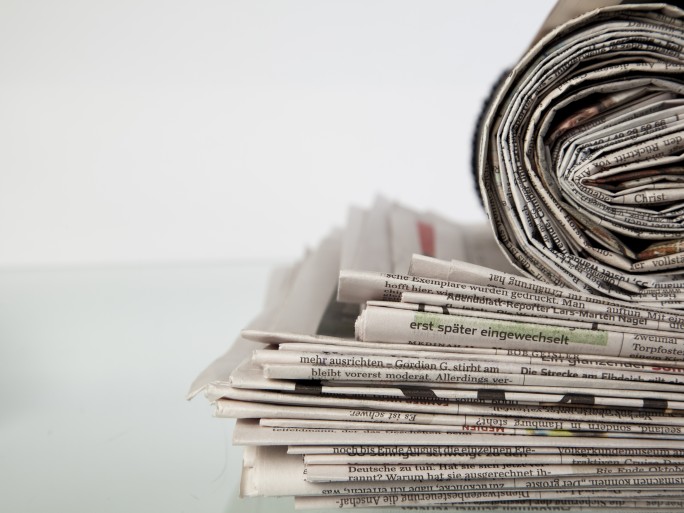Facebook To Invest $1 Billion In News Industry

After the very public row with the Australian government, Facebook confirms it is investing $1 billion in the news industry
Facebook has opened up on its very public clash with the Australian government, that resulted in it last week blocking Australian users from sharing local and international news on its platforms.
This week Facebook allowed Australia to once again share local and international news, after the Australian government agreed to change parts of of its controversial ‘media bargaining law’, with four amendments to the legislation.
And now the social networking giant has expanded on its reasons for the Australian clash, and pointed out that Tim Berners-Lee, the inventor of the world wide web, had already warned the Australian law could make the internet as we know it “unworkable.”
![]()
Bad legislation
The comments were made in a blog post on the episode by Nick Clegg, the former Lib Dem leader and former Deputy Prime Minister, who was hired by Facebook in late 2018 as VP of global affairs.
Clegg repeated the Australian law contained “a fundamental misunderstanding of the relationship between Facebook and news publishers.”
“It’s the publishers themselves who choose to share their stories on social media, or make them available to be shared by others, because they get value from doing so,” Clegg wrote. “That’s why they have buttons on their sites encouraging readers to share them.”
“The assertions – repeated widely in recent days – that Facebook steals or takes original journalism for its own benefit always were and remain false,” he added. “We neither take nor ask for the content for which we were being asked to pay a potentially exorbitant price.”
“As Tim Berners-Lee, the inventor of the world wide web, warned, the Australian law could make the internet as we know it ‘unworkable,’ arguing that it ‘risks breaching a fundamental principle of the web by requiring payment for linking between certain content online,’” noted Clegg.
He pointed out that the Australian law was like forcing car makers to fund radio stations because people might listen to them in the car – and letting the stations set the price.
Matters had come to a head earlier this month when the Aussie government officially introduced its landmark legislation (known as the media bargaining law) to legally force tech firms to pay local publishers and broadcasters for news and other content they utilise, or even link to, on their platforms.
If the parties cannot reach an agreement, a government-appointed panel will decide on the price.
Facebook last September had bluntly said this was a bad piece of legislation and warned Aussie users it would prevent them sharing local and international news on its platforms (including Instagram), if Australia pressed ahead with this change.
Facebook News
And Clegg opened up about Facebook’s investment in the news industry.
“There is an alternative approach,” he wrote. “Facebook is more than willing to partner with news publishers. We absolutely recognize quality journalism is at the heart of how open societies function – informing and empowering citizens and holding the powerful to account.”
“That’s why we’ve invested $600 million since 2018 to support the news industry, and plan at least $1 billion more over the next three years,” he wrote.
“Last month, Facebook announced deals with The Guardian, Telegraph Media Group, Financial Times, Daily Mail Group, Sky News and many more, including local, regional and lifestyle publishers, to pay for content in its Facebook News product in the UK,” he wrote.
The UK is only second country in the world to gain Facebook News after it launched the service in the United States last year.
Clegg said that similar deals have been reached with publishers in the US, and Facebook is in active negotiations with others in Germany and France.
Google of course is pressing ahead with its own agreements with local publishers, as part of its ‘News Showcase’ scheme.